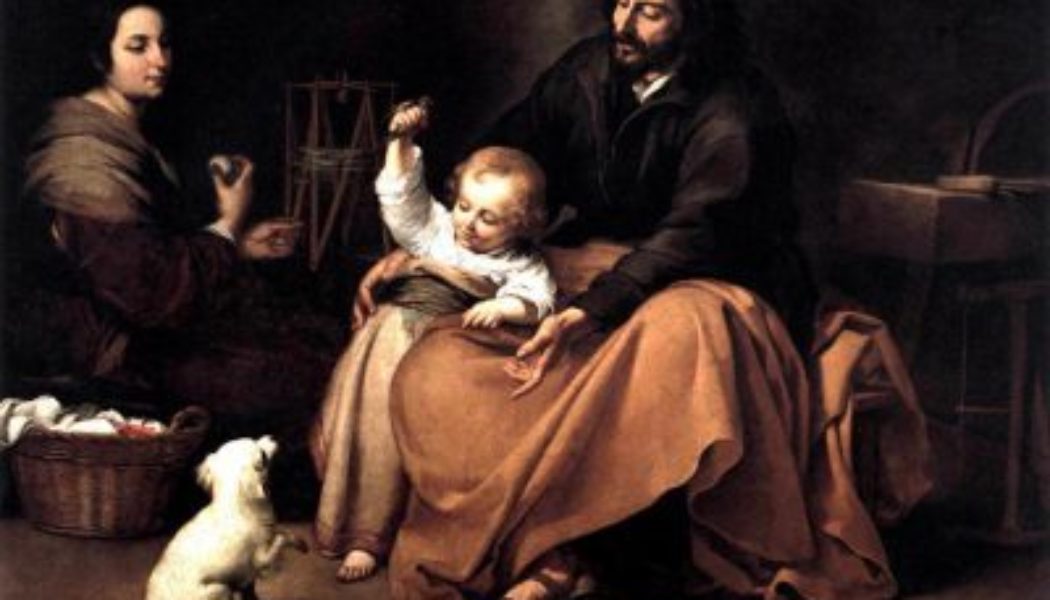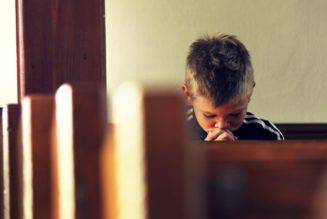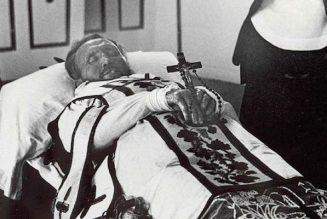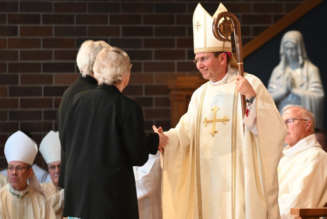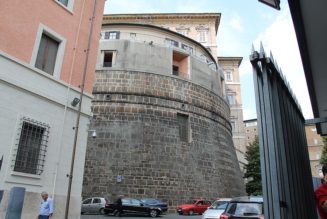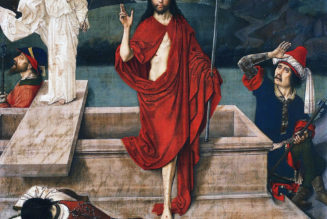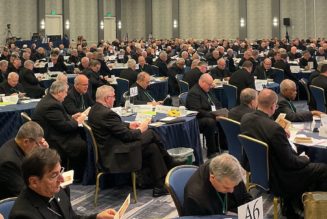 Readings:
Readings:
Sirach 3:2–6, 12–14
Psalm 128:1–2, 3, 4–5
Colossians 3:12–21
Luke 2:22–40
Why did Jesus choose to become a baby born of a mother and father and to spend all but His last years living in an ordinary human family? In part, to reveal God’s plan to make all people live as one “holy family” in His Church (see 2 Corinthians 6:16–18).
In the Holy Family of Jesus, Mary, and Joseph, God reveals our true home. We’re to live as His children, “chosen ones, holy and beloved,” as the First Reading puts it. Th e family advice we hear in today’s readings—for mothers, fathers, and children—is all solid and practical. Happy homes are the fruit of our faithfulness to the Lord, we sing in today’s Psalm. But the Liturgy is inviting us to see more, to see how, through our family obligations and relationships, our families become heralds of the family of God that He wants to create on earth.
Jesus shows us this in today’s Gospel. His obedience to His earthly parents flows directly from His obedience to the will of His heavenly Father. Joseph and Mary aren’t identified by name, but three times are called His “parents” and are referred to separately as His “mother” and “father.” Th e emphasis is all on their their familial ties to Jesus. But these ties are emphasized only so that Jesus, in the first words He speaks in Luke’s Gospel, can point us beyond that earthly relationship to the Fatherhood of God.
In what Jesus calls “My Father’s house,” every family finds its true meaning and purpose (see Ephesians 3:15). The Temple we read about in the Gospel today is God’s house, His dwelling (see Luke 19:46). But it’s also an image of the family of God, the Church (see Ephesians 2:19–22; Hebrews 3:3–6; 10:21).
In our families we’re to build up this household, this family, this living temple of God until He reveals His new dwelling among us and says of every person: “I shall be his God and he will be My son” (see Revelation 21:3, 7).
